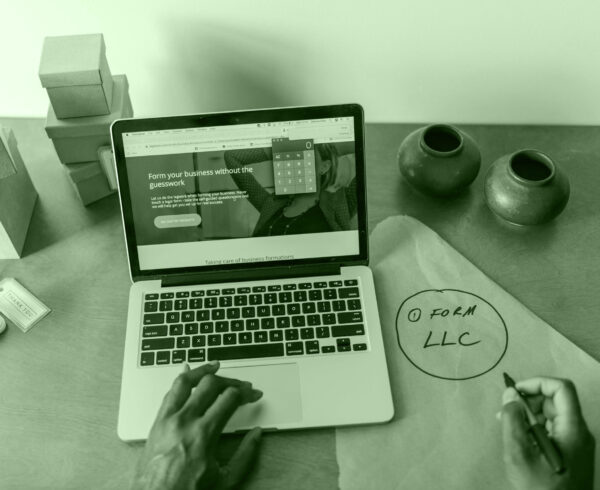Enterprise development is a complex, long term process that seeks to raise entrepreneurs with potential to a level where they can potentially make an impact on the market. Critically, the Small, Medium and Micro Enterprises (SMME) sector in South Africa is a diverse segment capable of rapid innovation and fulfilling local needs. Mentoring and mentorship are critical in helping this journey reach a positive result.
What a wide range of budding enterprises lack is the necessary knowledge to be able to set-up a business, maintain it or expand when the time is right, or a combination of all three. Frequently, talented entrepreneurs capable of taking the next step have not had equal access to levels of education enjoyed by entrepreneurs from privileged backgrounds. Filling this crucial gap is the purpose of mentorship and learning within enterprise development.
Mentorship and learning should form part of any holistic enterprise development solution. Described in a different way, mentorship and learning is the toolbox entrepreneurs can use to maintain and optimise their businesses to maximise success. It is fruitless to use limited, valuable resources for an enterprise development programme where its beneficiaries are not equipped to maintain the enterprise once their support mechanisms have reached their natural conclusion.
This is why it is important their needs are identified and catered for at the beginning of the enterprise development programme process. As the programme goes through its different phases, mentoring and learning should be occurring as to complement the programme’s other activities.
Identify what knowledge the enterprise and entrepreneur need the most
Identifying an entrepreneur’s mentorship and learning needs begins at the start of the selection process and continues after a candidate is selected. Once this due diligence has been completed and the learning needs of participants identified, a mentorship programme can be devised in parallel with the other activities of the programme.
Examples of questions that need to be answered include; at what stage of development is the enterprise, what are their needs, where are their gaps, what poses the greatest threat and where do the best opportunities lie.
It is at this point that mentors can then decide which academic programme will provide the most benefit, with tertiary institutions of repute being the ideal choice given their established track record and tested curriculum.
As a minimum, it is suggested that an academic learning programme focus on the following areas given their importance to enterprise development as a whole:
- Personal development focusing on entrepreneur leadership qualities
- Business strategy formulation and development
- General business skills, especially financial management, sales & marketing, governance and compliance, and so forth
- Mentoring and coaching by experienced business practitioners
- Compliance and policy support
There will likely be bespoke needs applicable to the beneficiary that need addressing, but with due diligence in hand, it should be a straightforward exercise in identifying specific needs and wants.
A mentoring process for enterprise development
Mentoring and learning, as already suggested, is a key tool in giving an entrepreneur the best opportunity for their enterprise to be sustainable. The knowledge gathered from this process will serve them for the long term, but what is the best structural approach to mentoring? It thus becomes important that the mentoring programme is both structured and impactful.
This structure can take the form of different stages or modules, where specific issues will be addressed or needs attended to in a methodical, efficient manner, so that all relevant areas are addressed by the end of the learning and mentorship phase of the development programme.
In this respect, consideration needs to be given to the incentives provided to potential mentors so that high caliber, experienced individuals participate. If a budding business leader can be trained, the long-term benefit will be that the ideas and best practice passed on can be cycled through the business as it grows, and even possibly to future generations.
From a high level, mentoring includes some of the following key components:
- One-on-one mentoring – A great opportunity for ideas to be exchange and questions asked
- Two-way exchange mentoring – Skills and culture
- Structured availability allocated per a month, a number of months and continuous reporting and feedback
- Mentor training
- Ethics and code of conduct framework
Learning and mentorship can provide the support base for entrepreneurs to able to make a success of their businesses once the enterprise development programme has run its course. Beyond being a necessary tool for programme participants to acquire as they go on their journey, it also can have an impact on those who entrepreneurs interact with in the future.
The more knowledge that can be transmitted organically to participants and those they indirectly associate with, the greater the intangible impact of the programme long after it has reached its conclusion.
To understand how mentorship can catalyse your organisation’s ESD programme, contact our Economic Development team here.
Want to learn more about Letsema? Connect with our staff on LinkedIn or call 011 233 0000.









